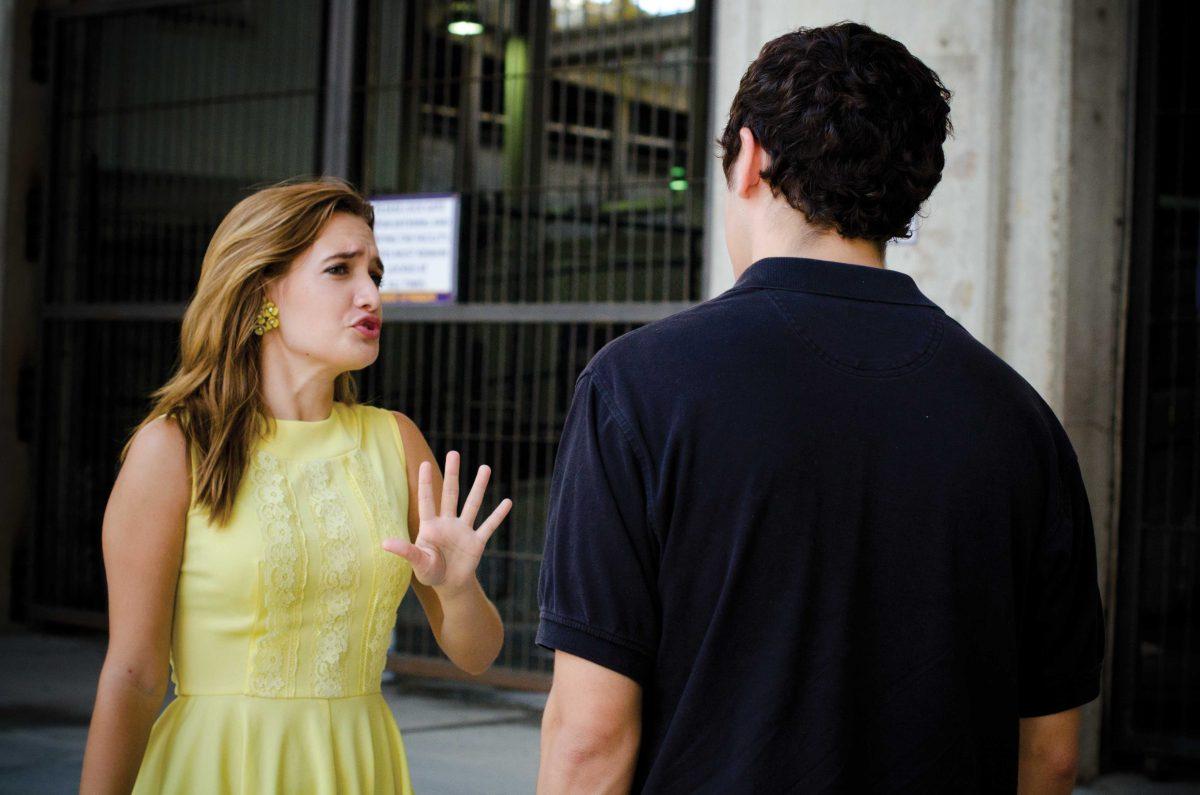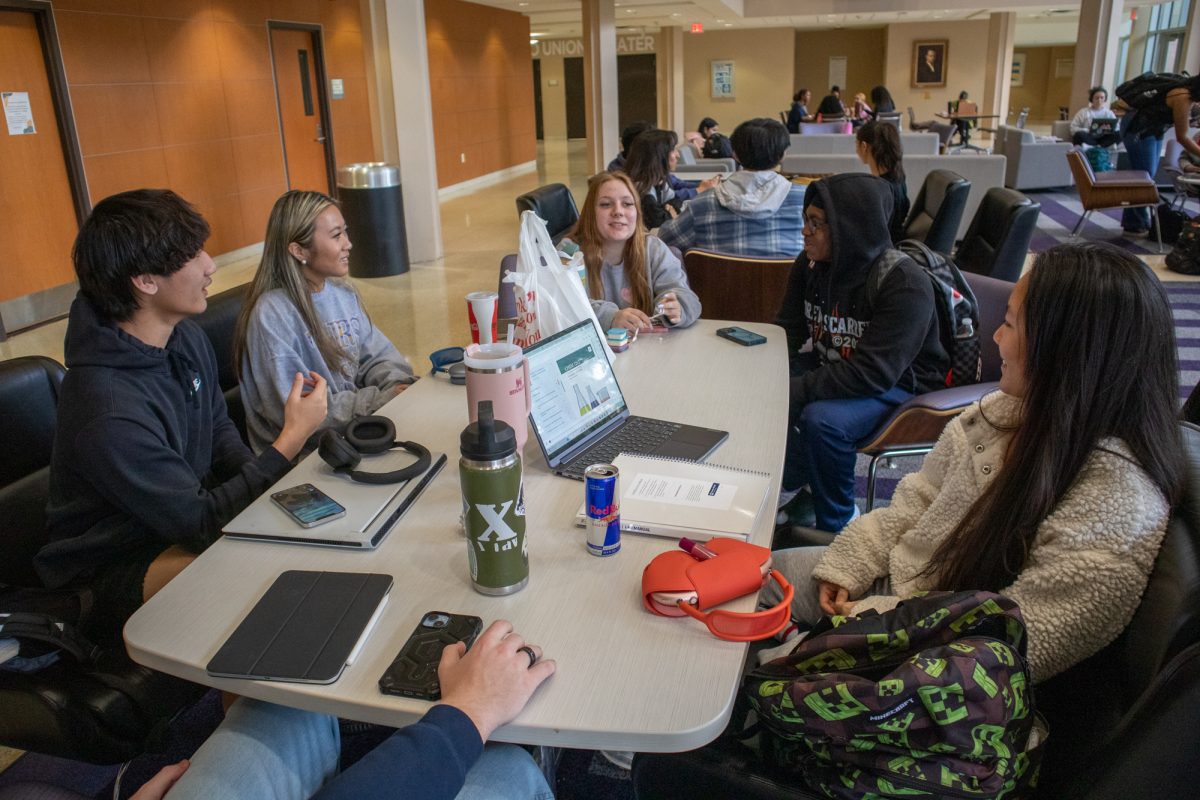Street harassment is a tough issue to tackle. The definition is subjective, and your opponents are those who dismiss it as a compliment and others who are apathetic to the situation. Truth is, it exists. And it isn’t a form of flattery.
In fact, there is an 80 percent chance women or LGBT people will experience some form of gender-based harassment in their lifetime, according to Stop Street Harassment, an organization dedicated to documenting and ending gender-based street harassment worldwide.
On its website, the organization defines street harassment as “unwelcome words and actions by unknown per- sons in public places which are motivated by gender and invade a person’s physical and emotional space in a disrespectful, creepy, startling, scary or insulting way.” This can include everything from catcalls to explicit comments, sexist remarks to groping, stalking, public masturbation or even sexual assault. The severity varies, but it can happen any- where at anytime, especially on campus.
One particular atmosphere that provokes unwarranted contact is tailgating. Founder of Stop Street Harassment Holly Kearl said some people use events like tailgating as an excuse to act poorly.
“Common courtesy and seeking consent before talking to someone or touching them sometimes seems to be ignored in these situations,” she said. This could be attributed to the added pressure of having a good time, even if it is at the expense of another person’s well being, Kearl said.
As the alcohol courses through the veins of thousands of football fans and the excitement for the evening’s match between two rival schools draws near, the concept of personal restraint and respect goes out the window. Capt. Cory Lalonde, LSU Police Department public information officer, said the excessive consumption of alcohol is a major factor when dealing with sexual harassment. In the past five years, four cases of sexual violence have been reported to LSUPD at football tailgates. In addition, approximately 60 percent of cases involving sexual violence go unreported, he added.
“Just because we don’t always report or respond, doesn’t mean it doesn’t happen,” Lalonde said. When deal- ing with sexual harassment, people often let it go and don’t pursue anything further because it isn’t defined as criminal activity. However, Lalonde said individuals should always share their story, whether it is with the police or not.
I’ve seen countless women objectified by men on game day, myself included, and I’ve seen every shade of harassment on campus, in and out of the stadium. The stories I hear from friends of weekend festivities all too often include examples of disrespect and harassment: everything from fans yelling “hey baby” from the street or passersby touch- ing them inappropriately. A friend told me one person even went as far as putting his hand down her shirt. The situation should make anyone uncomfortable. Women should not have to worry about being groped or verbally harassed by drunk fans. Everyone is looking for a good time but not without consent.
In order to create a safe space for everyone and to ensure that everyone equally enjoys his or her game day experience, it is important to speak up. Kearl said people can create a game plan for what to do in the event that they see or experience harassment firsthand.
“Setting a good example and setting the tone for how your group of friends should interact with others can also be a powerful action,” she said. This sets a precedent that allows for positive changes to occur.
As sports fans, we are all there for one thing, and that is to root for the same home team. No one’s game day experience should be any less enjoyable because one individual decides to invade another’s personal space and privacy.
Harassment is not a compliment. It is important for women to know that they are not at fault. Those who act without judgment or respect deserve a penalty. But you do have a voice, and you can shout back.
Ain’t No Hollaback Girl
By Lauren Duhon
September 22, 2013
Respect boundaries when a woman says “stop” or “no.”







